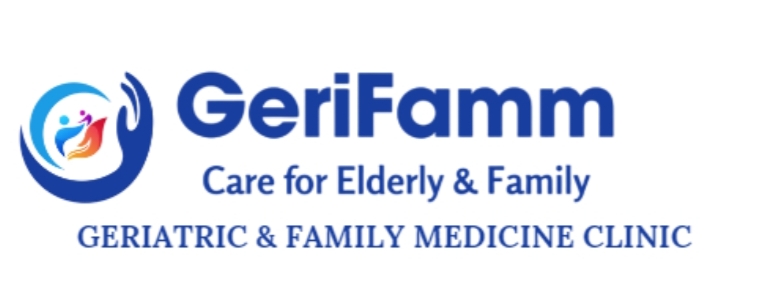As our loved ones age, their needs change, and the right foods become key to their health. Caregivers play a vital role in meeting these unique needs, especially when caring for bedridden seniors. Food impacts health enormously, and understanding its importance can help enhance the life of seniors.
Understanding the Crucial Role of Nutrition in Elderly Immunity
As people age, their immune system weakens. This change can affect their health significantly, increasing the risk of infections and longer recovery times. A good diet can help counter these challenges. Bedridden seniors who eat a balanced diet for seniors can often better fight off illnesses and get back on their feet quicker. Elderly nutrition guidelines suggest that foods rich in vitamin C and zinc can strengthen immune responses. Thinking about what older adults consume and aiming for a mix of important nutrients can greatly enhance their immune defenses.
Personalized Meal Planning for Targeted Health Outcomes
Many older adults deal with health issues like diabetes or heart conditions. To help manage these, personalized meal plans are beneficial. These plans take into account a person’s specific health challenges, food preferences, and even cultural dietary patterns. In India, where the diet is so varied, this approach is vital. For instance, fewer sweets might help with diabetes. Personalized plans ensure that seniors get needed nutrients, helping to fill gaps their regular meals might miss. In doing this, caregivers can truly boost a senior’s quality of life by following the right elderly nutrition guidelines and offering supplements for the elderly as necessary.
The Significance of Hydration for Bedridden Seniors
Water is essential. Without enough fluids, bedridden seniors may face urinary infections or kidney troubles. Staying hydrated is simple yet fundamental in ensuring their health. Here are some easy ways to help:
- Offer coconut water, soups, or herbal teas. These are not only nourishing but delicious as well.
- Keep a schedule to remind caregivers to provide drinks throughout the day.
- Frequently check and adjust fluid intake based on what each person needs.
By keeping an eye on hydration, you help ensure that the senior’s health remains stable and avoid common problems that come with inactivity.
Benefits of Nutrient-Dense Foods: Easy-to-Digest Options
Older adults benefit greatly from nutrient-packed foods that are easy to digest. Healthy choices include lentils, spinach, and yogurt. These are gentle on stomachs and packed with good nutrients. Some meal ideas:
- Balanced diet for seniors might include spinach soup or lentil stew.
- Adding yogurt with a sprinkle of local spices can make a tasty, nutritious snack.
Introducing such foods slowly helps cater to varied tastes and digestive needs, making meals enjoyable and nutritious.
Conclusion: Prioritizing Nutrition for Elderly Care
Prioritizing a great diet is key to the health of bedridden seniors. Creating a meal plan focused on their unique needs can aid in their recovery and overall wellness. Caregivers should actively work towards bettering these meal routines, using the lists and ideas provided here as a guide. It’s also helpful to reach out for community support. Remember, a thoughtful approach to food can make all the difference in elderly care. Together, let’s ensure that our seniors receive the nourishing care they deserve.

